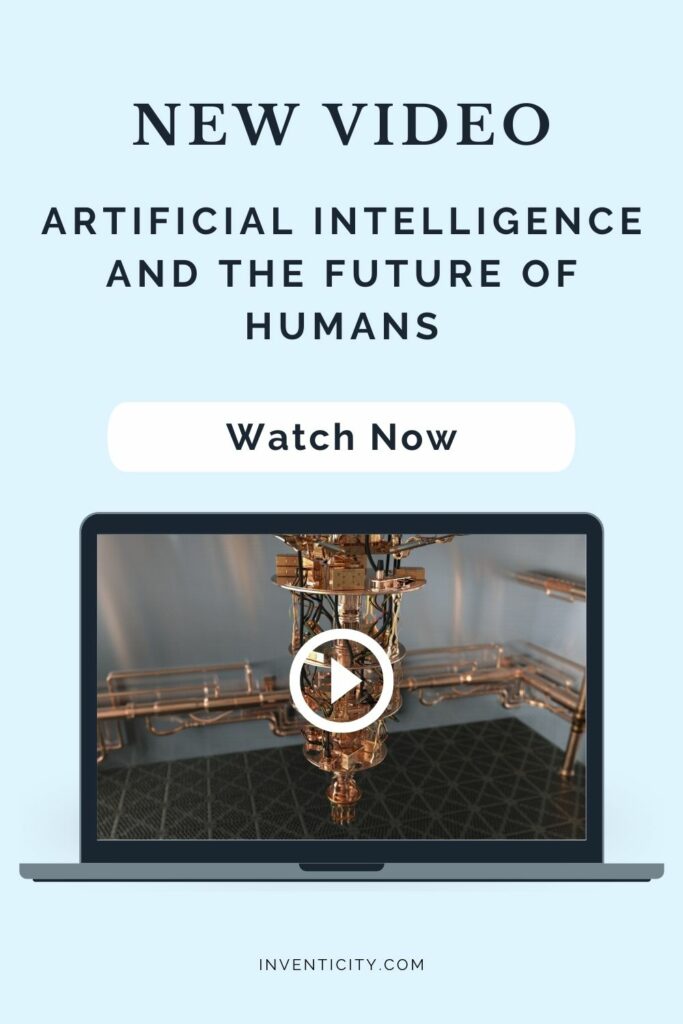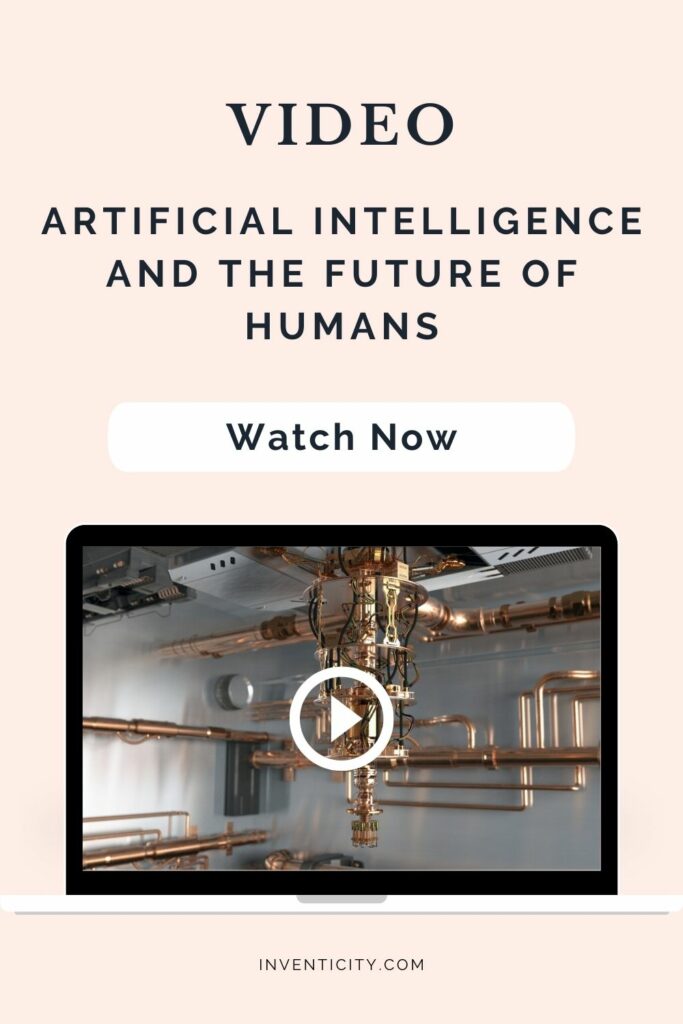Artificial Intelligence and the Future of Humans
Will artificial intelligence take over the world? Hi, my name is Cecilia Elise Wallin and in this video, I will give a brief introduction to AI (artificial intelligence). Will artificial intelligence take over the world? Will artificial intelligence eventually wipe out humanity? What could such a takeover look like? Like a robot uprising? Might AI start to create its own goals? Might AI realize that it no longer needs people to achieve its goals and think that people are just in the way? Will the artificial intelligence of the future be able to create new copies of itself? Will the artificial intelligence we develop today eventually begin to believe that it knows what is best for us? Will artificial intelligence help liberate us humans, or enslave us?
Artificial Super-Intelligences That Excel Humans in All Fields
These are not questions for just filmmakers and novelists – but central questions for researchers working to develop artificial intelligence. The problem that artificial intelligence can take over the world and wipe out all humans is far away in the future since no one has yet succeeded in developing artificial intelligence that has as high general intelligence as humans. Artificial intelligence can already perform many very specific tasks much better than humans, but no artificial intelligence today can surpass a person’s overall intelligence.
However, scientists are confident they will eventually manage to develop artificial super-intelligences that excel humans in all fields. We are not there yet. But there are many ethical issues with today’s applications of artificial intelligence. Researchers have already created artificial intelligence which some observers say can pass the Turing test.
What is the Turing Test?
What is the Turing test? Alan Turing was a British mathematician – and war hero – who not only through his development of deciphering machines contributed to the victory against Germany during World War II, but also laid the foundation for today’s computers and computer science. In 1950, Turing developed a test in which a test person wrote messages to two recipients – one recipient was a machine, and the other recipient was a human. If the test person could not determine if the answers came from another human or from a machine, the machine was considered to have passed the test. No machine passed the Turing test during Turing’s lifetime. But some scientists believe that the artificial intelligence we have today can pass the Turing test. However, most researchers believe that no computer has yet passed the Turing test.
FREEBIES | Free video courses. And free access to my resource library!
A Threat to Democracy?
Even if computers cannot yet pass the Turing test, there is a risk that people will be deceived. For example, companies have started using artificial intelligence to call people and have a simple conversation. There is a risk that fraudsters will start using that technology and let robots call hundreds of thousands of people trying to trick them. Many people believe that legislation is needed so that those who use robots and artificial intelligence to interact with humans must first inform the person that she or he will interact with a robotic voice, and not with a human.
Another problem with artificial intelligence that is relevant today, and will become even more important the more powerful computers we get, is that artificial intelligence is already used today to influence how people vote in political elections. Some observers see artificial intelligence as a threat to democracy. But some prominent researchers believe that it will be possible to develop artificial intelligence that strengthens democracy because artificial intelligence can be better than humans at logical thinking. Will the artificial intelligence of the future enslave us humans, or will it help us create a better world? What do you think?
Artificial Intelligence and the Future | Welcome to subscribe on YouTube.
Thank you for watching, liking, commenting and subscribing!
Cecilia
© Cecilia Elise Wallin
FREEBIES | Free video courses. And free access to my resource library!



